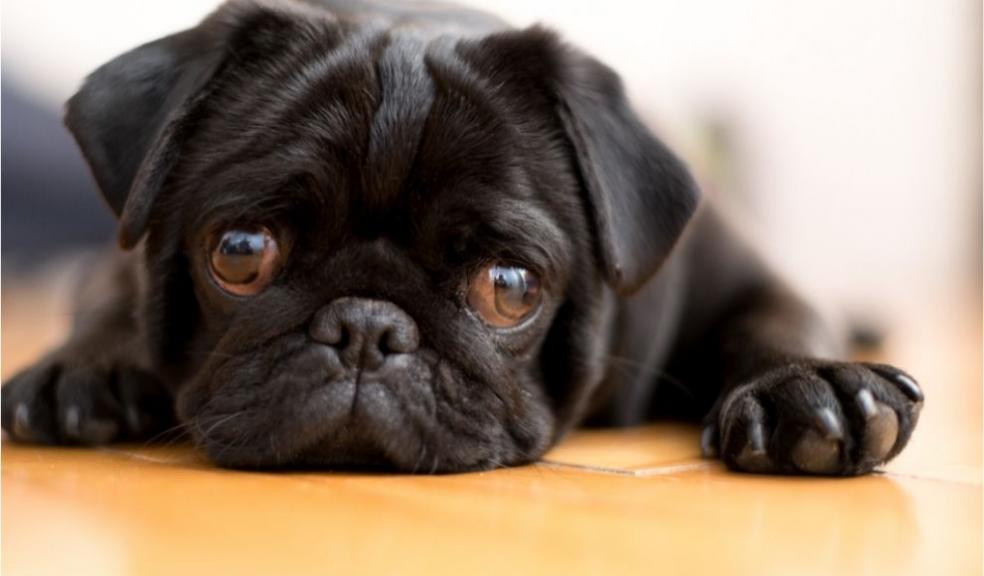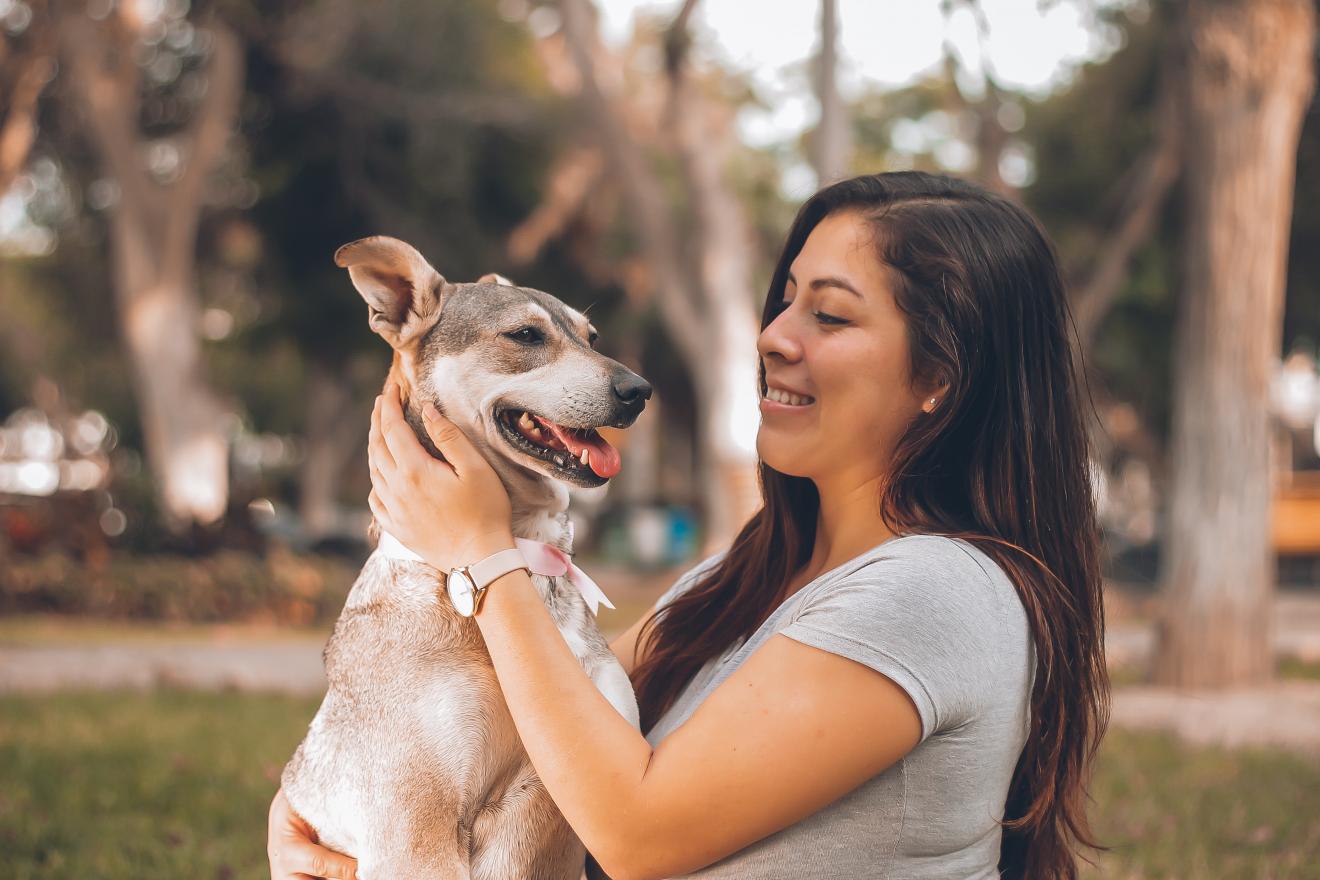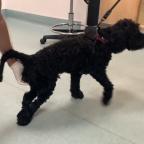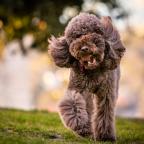
Vet reveals what your stool poop can tell you about their health
Ruff Guide To Spotting Problems In Your Dog's Poop
Our dog's poop can tell us a lot, including if there's something wrong – we've spoken to head vet Sean McCormack to find out what signs to look out for when you're scooping the poop.
"Poop smells, we know that – but is your dog's poo a little (or a lot) smellier than usual? Stinkier-than-usual poos can indicate your dog's diet isn't working for them. Treats, new dog foods or feeding your dog too many scraps from the dinner table are usual suspects when it comes to smelly poos.
The colour of your dog's poo can also depend solely on your dog's diet – reddish, greenish, or dark brown poop are all normal. If it's looking black – it could be a sign of internal bleeding, whilst pale yellow or grey poo can be a sign of fat digestion issues in the pancreas or problems in the liver.
When it comes down to it, dogs aren't so different from us humans – sometimes an out-of-the-ordinary poo isn't too much to worry about – diarrhoea can be caused by stress, anxiety – or even excitement! Whilst sometimes constipation can be a tell-tale sign your dog needs to get out more or isn't drinking enough water.
You know your dog better than anyone if you feel like there's something wrong – or common problems such as constipation or diarrhoea don't seem to go away after a few days – don't hesitate to take your dog to the vet, and take a stool sample with you."
What causes stinky or runny dog poo?
It's not unusual for dogs to have stinky or runny poos. In fact, dog diarrhoea is one of the most common problems vets see every year. There are many causes for dog or puppy diarrhoea, but here are a few of the most common.
Sudden change in diet – A sudden change in your dog's diet can cause irritation leading to diarrhoea. If you're changing your dog's diet, it's best to do it gradually as explained in our guide to changing dog food.
Dietary indiscretion – If your dog eats something new or inappropriate, this can cause digestive upset. Whether that's a piece of ham, rocks, a plant, or even dog poo!
Stress – Stress, anxiety and excitement can all cause dog diarrhoea, just like in us humans.
Parasites – Intestinal worms can cause irritation to your dog's gastrointestinal tract resulting in stomach upset. However, parasites that cause diarrhoea are more common in younger puppies.
Infections – Viral and bacterial infections can cause dog diarrhoea. This occurs more frequently in younger dogs.
Inflammatory disorders – Conditions like inflammatory bowel disease are common in both dogs and people. Many gastrointestinal disorders can result in diarrhoea.
What makes a good dog poo?
Consistency – the ideal poo is log shaped and firm, but not too solid. If your dog's poo is too hard, this can cause constipation. If your dog is constipated this could be due to a lack of water or fibre in their diet, or a case of worms. More commonly, when diarrhoea or loose, runny poo occurs, this can result from many different causes.
Frequency – most dogs poo around twice a day, but this can depend on their feeding schedule. Puppies tend to poo more frequently because they eat more regularly. If your dog poos more than three times a day, this could signal there's something not right with their diet.
Equally, if your dog has a food intolerance, this can also make them more poo more often. If your dog doesn't poo every day or only once a day, they could be constipated. Always consider what's normal for your dog. If your dog's toilet habits have changed dramatically after switching diet, we can help.
Volume – sudden larger or smaller poos can indicate internal problems. Huge volumes of poo can mean your dog isn't digesting their food properly, or their diet is high in fibre. Low volumes could indicate gastrointestinal problems or even a blockage. If it's out of the ordinary, always get your dog checked over by a vet. If your dog has experienced any changes after switching to tails.com food, get in touch and we'll happily help.
Odour – dog poo should have a mild odour; any dramatic changes can indicate problems. Flatulence or a particularly stinky poo could signal a change in your dog's gut flora, or they're struggling to cope with a new diet or ingredient. Treats and human foods are common culprits! Dog poo is always going to smell, but with a good diet, your dog's poos should be bearable.
Colour – the colour of your dog's poo depends a lot on your dog's diet. Only you know what is normal for your dog. Shades of greenish-brown, red-brown or dark brown are all normal.
However, abnormal colours like dark black tarry substances could indicate internal bleeding and digested blood in the stool. Pale, yellowy or greasy poo can indicate fat digestion issues with the pancreas, or malabsorption where your dog can't absorb fat. Any dramatic changes in colour, from very pale, bright orange or visible blood is a cause for concern. In this case, always see your vet and take a stool sample with you.
What to do about your dog's irregular poos?
So if your furry friend's poo seems out of the ordinary, always get them checked out by a vet.








